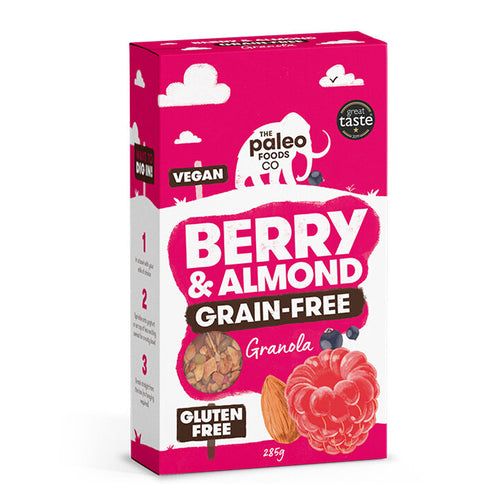In recent years, specialty diet foods have become increasingly popular as more people are looking to adopt healthier eating habits and manage specific dietary needs. Among the most popular specialty diets are gluten-free and ketogenic (keto) diets. These diets have gained widespread attention for their potential health benefits and weight loss properties.
Gluten-Free Diet
A gluten-free diet is essential for individuals with celiac disease, an autoimmune disorder triggered by the consumption of gluten. Gluten is a protein found in wheat, barley, and rye, and can cause severe digestive issues and long-term health complications in those with celiac disease.
There has been a surge in the availability of gluten-free foods and products to cater to individuals with celiac disease and those with gluten intolerance or sensitivity. From gluten-free bread and pasta to snacks and desserts, there are now numerous options for people following a gluten-free diet.
The Benefits of Going Gluten-Free
Aside from addressing health concerns related to celiac disease, some individuals choose to adopt a gluten-free diet for other perceived health benefits. These may include improved digestion, increased energy levels, and better overall well-being.
Ketogenic Diet
The ketogenic diet, or keto diet, is a high-fat, low-carbohydrate diet that has gained popularity for its potential to promote weight loss and improve metabolic health. By restricting carbohydrate intake and increasing fat consumption, the body enters a state of ketosis, where it burns fat for energy instead of glucose.
Keto-friendly foods are typically low in carbs and high in healthy fats, such as avocados, nuts, seeds, and fatty fish. The diet may also include moderate amounts of protein to support muscle growth and maintenance.
The Benefits of the Keto Diet
Supporters of the keto diet claim that it can aid in weight loss, reduce inflammation, stabilize blood sugar levels, and improve cognitive function. Some studies have also suggested that the keto diet may have therapeutic potential in managing conditions like epilepsy, type 2 diabetes, and Alzheimer’s disease.
Exploring Other Specialty Diet Foods
Aside from gluten-free and keto diets, there are numerous other specialty diet foods available to cater to specific dietary preferences and health needs. These may include vegetarian, vegan, paleo, dairy-free, and low-FODMAP diets, among others.
Whether you are looking to address a specific health concern or simply interested in exploring new culinary experiences, there is a wide range of specialty diet foods to suit your needs. From plant-based alternatives to innovative low-carb creations, the world of specialty diet foods continues to expand and evolve.







